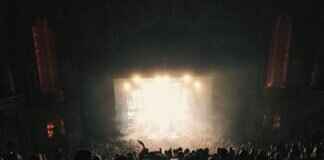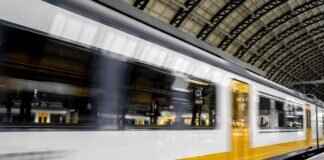Traders in Delhi have found themselves facing a new challenge as the Municipal Corporation of Delhi (MCD) recently announced a 15% increase in health and general trade licensing fees. This decision comes on the heels of discontent among traders due to the imposition of user charges for garbage collection by the MCD. The fee hike, which came into effect on April 1, will see traders paying anywhere from Rs 1,500 to Rs 75,000 based on their trade activities.
Expressing their frustration, traders penned a letter to the mayor and other officials, accusing the MCD of imposing financial burdens on residents to compensate for its own monetary shortcomings. In response, the civic body defended its actions, citing the revised regulations of 2022 that clearly outlined a 15% increase in health trade licensing fees every three years.
Impact on Specific Trade Activities
Delving deeper into the specifics of the fee hike, the revised fee structure affects various trade activities differently. For instance, the license fee for a five-star hotel has been raised from Rs 5 lakh to Rs 5.75 lakh, while banquet halls with over 250 seats will now pay Rs 28,750, up from Rs 25,000. Food courts accommodating up to 100 people will see their fees rise from Rs 40,000 to Rs 46,000, and those with more than 100 seats will face an increase from Rs 80,000 to Rs 92,000. Similarly, eating houses and restaurants will also experience a hike in their license fees.
An official from the civic body shed light on the rationale behind the fee revision, stating that prior to 2022, health trade license fees in the former North Delhi Municipal Corporation were significantly lower, with a five-star hotel being charged a mere Rs 500, a rate that had remained unchanged for 21 years. To standardize rates across the city, the fee structure was overhauled in 2022, with a provision for a 15% increase every three years.
Traders’ Response and Concerns
Despite the civic body’s explanation, traders remain disgruntled by the additional financial burden placed upon them. Nitin Gupta, president of the Kamla Nagar Traders’ Association, highlighted the myriad fees that traders are now required to pay, including user charges, license fees, conversion and parking charges, outdoor advertising fees, and property tax. Moreover, Gupta pointed out the challenge of having to pay user charges before the MCD accepts property tax payments, exacerbating the financial strain on traders.
In light of the fee hike, traders operating outlets of various sizes will now face increased general trade license fees. For shops up to 10 square meters, the fee has been raised from Rs 3,968 to Rs 4,563 in A and B categories, and from Rs 2,645 to Rs 3,042 in C and D categories. Similarly, shops spanning 10-20 square meters will see their fees go up from Rs 9,919 to Rs 11,407 in A and B categories, and from Rs 6,613 to Rs 7,605 in C and D categories.
As traders grapple with the financial implications of the fee hike, the broader implications of these changes on Delhi’s business landscape remain to be seen. The discontent among traders underscores the delicate balance between revenue generation for civic bodies and the financial sustainability of small businesses in the city. It is clear that finding a harmonious solution that addresses the concerns of all stakeholders will be crucial in navigating this challenging terrain.














